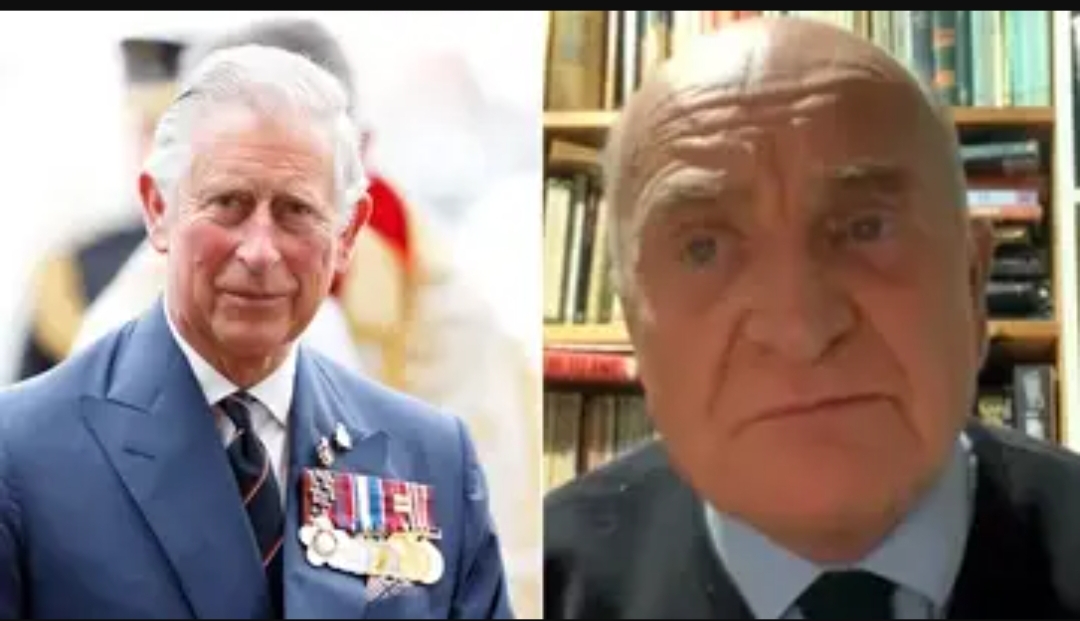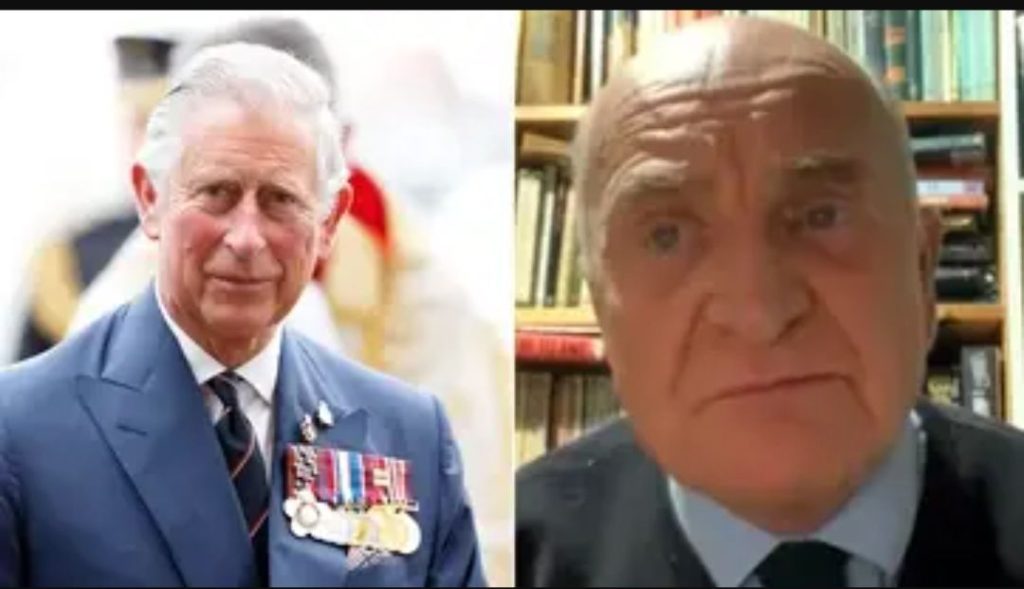
As the echoes of Denmark’s Queen Margrethe II’s surprising New Year abdication reverberate, the spotlight turns to King Charles III of the United Kingdom. A contentious debate has emerged, with former Labour MP Stephen Pound suggesting that King Charles should step aside, paving the way for Princess Kate and Prince William to ascend to the throne.

According to a report by GBNEWS, in a spirited exchange on GB News, Pound and royal commentator Charles Rae clashed over the idea of a royal reset. Pound passionately argued that King Charles embracing abdication could breathe new life into the monarchy, describing it as a “wonderful thing” that would save the institution from what he perceives as a state of crisis.
“The monarchy is in a state of crisis. We have had the worst few years. Would it be a wonderful thing if King Charles said, ‘I think it’s time for a reset? Let’s give them a restart. Let’s kickstart the monarchy,” Pound passionately advocated.
On the opposing side, Charles Rae countered, emphasizing that Charles could remain on the throne for decades, dismissing the notion of abdication. Rae pointed out that the monarchy is, in fact, in a healthy state, citing the popularity of recent televised programs centered around royal events.
“On the point of popularity, let’s not forget the King’s Speech was the most viewed program on Christmas Day. The documentary about the background of The Coronation was the most viewed on Boxing Day,” Rae countered, asserting that the monarchy is not in crisis but rather thriving.
The crux of the disagreement lies in the perception of the monarchy’s current standing. Pound argued that the institution is no longer “respected” and suggested that a fresh start is needed for the sake of both the monarchy and the country. Rae, however, contended that the monarchy is progressing smoothly and should remain unchanged.
This debate brings forth profound questions about the role and future of the British monarchy. Should tradition prevail, with King Charles continuing his reign, or is it time for a seismic shift, allowing the younger generation represented by Kate and William to take the helm?
In the midst of these deliberations, historical context is crucial. Abdication is not a new concept within the British royal family, and the consequences of such a decision are far-reaching. As the public spectates, the potential impact on the monarchy’s image and its connection with the people looms large.
The question also extends beyond mere succession logistics. It touches on the very essence of the monarchy’s purpose and relevance in contemporary society. Is it a resilient institution that can weather changing times, or does it require a deliberate recalibration to maintain its significance?
While Pound advocates for a reset, invoking the notion of a monarchy in crisis, Rae maintains that the monarchy’s current trajectory is steady and successful. The clash of these perspectives mirrors broader discussions within the UK and beyond about the role of tradition in the face of societal evolution.
As the debate unfolds, the future of the British monarchy hangs in the balance. Will King Charles heed the call for a reset, echoing the surprising move by Queen Margrethe II in Denmark, or will tradition and continuity prevail? The answer to this question could shape not only the fate of the monarchy but also the perceptions and expectations of a nation.




